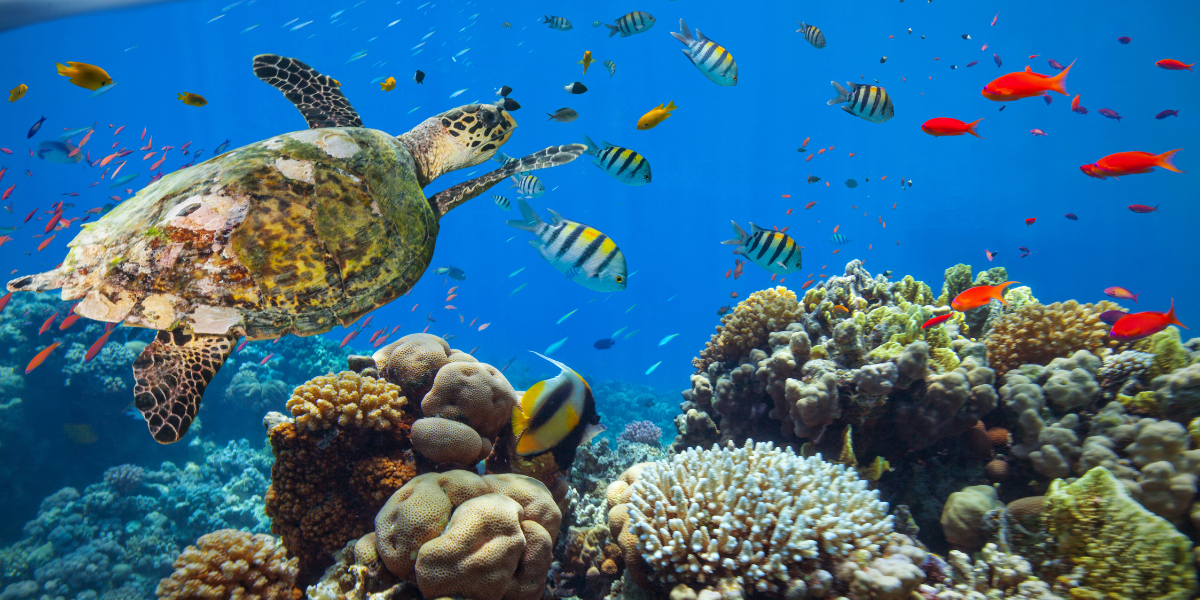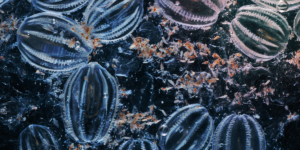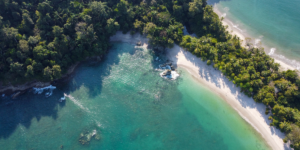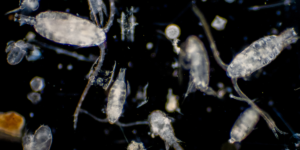Do you ever wonder about the vastness of our oceans and the countless organisms that inhabit them? Marine ecology is a field of study that seeks to understand the interactions between these organisms and their environment. Its role in the global environment cannot be overstated, as marine ecosystems play a critical role in regulating Earth’s climate, supporting biodiversity, and providing resources for human use.
Marine ecosystems are complex and dynamic systems that are influenced by a variety of factors such as temperature, salinity, currents, and nutrient availability. Understanding these factors is key to understanding how marine ecosystems function and how they may respond to environmental changes.
Marine ecologists use scientific methods to collect data on these factors and analyze their effects on different species within the ecosystem. This knowledge is essential for developing strategies to protect marine ecosystems from human impacts such as overfishing, pollution, and climate change.
Key Takeaways
- Marine ecology plays a vital role in understanding how organisms interact with their environment in the ocean and how this affects the global environment.
- Factors like pollution, climate change, overfishing, and plastic pollution are major threats to marine ecosystems, leading to a decline in populations and loss of biodiversity.
- Marine Protected Areas (MPAs) are important for conserving and managing marine biodiversity and protecting marine life and their habitats from human activities.
- Sustainable fishing practices and reduction in pollution and carbon emissions are essential for safeguarding the health of marine ecosystems and ensuring that future generations can continue to benefit from the ocean’s resources.
Importance of Marine Ecology in the Global Environment
You may not realize it, but marine ecology plays a crucial role in keeping our planet healthy and thriving. Without it, we could be facing devastating consequences like rising sea levels and the collapse of vital ecosystems.
Marine biodiversity conservation is one of the most important aspects of marine ecology. The oceans are home to millions of species, many of which are still undiscovered and therefore unknown to us. These species play an important role in maintaining the balance of our ecosystem, and their loss could have catastrophic consequences.
Another key aspect of marine ecology is ecosystem services valuation. This refers to the economic value that humans derive from the ocean’s resources like fisheries, tourism, and transportation. However, these benefits come at a cost – overfishing, plastic pollution, oil spills – all of which can harm both marine life and human health.
Therefore, understanding the true value of these resources is essential for making informed decisions about their sustainable use. By investing in marine ecology research and conservation efforts today, we can ensure that future generations will continue to benefit from all that our oceans have to offer.
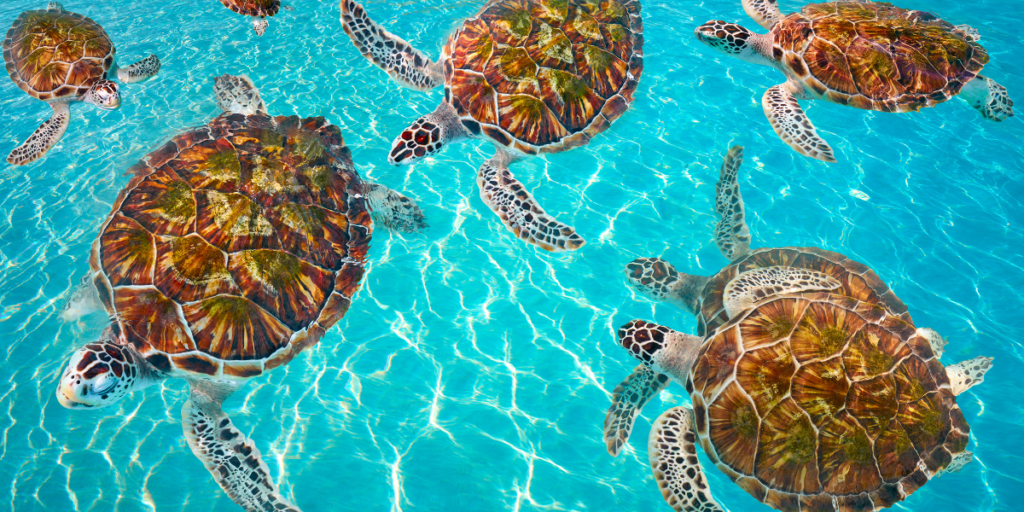
Factors Affecting Marine Ecosystems
Various factors significantly impact the delicate balance of life within our oceans. Pollution and climate change are two of the biggest culprits. Climate change is causing sea temperatures to rise, which can lead to coral bleaching and changes in the distribution of marine species. In addition, ocean acidification caused by increased levels of carbon dioxide in the atmosphere is making it difficult for animals such as shellfish and plankton to form their shells properly.
The effects of these factors are far-reaching and can have devastating consequences on entire ecosystems. For example, when coral reefs bleach due to rising sea temperatures, they become more susceptible to disease and ultimately die off. This not only affects the fish that rely on them for food and shelter but also has economic implications for industries such as tourism that depend on healthy reefs.
It’s crucial that we take action now to address these issues before irreversible damage is done to our oceans and the many species that call them home.
Human Impact on Marine Ecosystems
Humans have had a profound impact on the delicate balance of life within our oceans, causing irreversible damage through pollution and overfishing.
Overfishing has led to the depletion of many fish populations, disrupting the food chain and affecting marine ecosystems as a whole. Large-scale fishing practices such as trawling, where nets drag along the ocean floor catching everything in their path, not only catch target species but also result in significant bycatch and habitat destruction.
Plastic waste impact is another major concern for marine ecosystems. Plastic items such as bags, bottles, and straws are often mistaken for food by marine animals, causing them to ingest harmful materials that can lead to injury or death. Additionally, plastic debris disrupts ocean currents and accumulates in large patches known as ‘garbage patches,’ which have been found throughout the world’s oceans.
The effects of plastic pollution on marine ecosystems are far-reaching and continue to be an area of concern for scientists and conservationists alike.
Challenges Facing Marine Ecology
Confronting the challenges posed by climate change and ocean acidification has become increasingly urgent for safeguarding the future of our planet’s marine life. The consequences of overfishing are severe, as it leads to the depletion of fish stocks and disrupts entire ecosystems. In fact, roughly one-third of all fishing stocks worldwide are currently being exploited at unsustainable levels, according to a report from the United Nations.
Another major challenge facing marine ecology is ocean acidification. As carbon dioxide is absorbed into seawater, it reacts with water molecules and forms carbonic acid. This process lowers the pH level of seawater, making it more acidic. This can have devastating effects on marine organisms such as corals and shellfish, which rely on calcium carbonate to build their shells or skeletons. As acidity levels increase, these structures weaken and may even dissolve entirely, leading to a decline in populations and loss of biodiversity in affected areas.
Strategies for Protecting Marine Ecosystems
As you consider the strategies for protecting marine ecosystems, there are three key points to keep in mind.
First, the establishment of Marine Protected Areas (MPAs) has proven effective in conserving and managing marine biodiversity.
Second, adopting sustainable fishing practices is critical in ensuring that fish stocks remain healthy and abundant.
Third, reduction in pollution and carbon emissions is essential for safeguarding the health of marine ecosystems, as they are negatively impacted by climate change.
These three strategies require a data-driven approach to maximize their effectiveness and ensure long-term conservation success.
Marine Protected Areas
Although it’s only a small fraction of the world’s oceans, Marine Protected Areas are crucial for preserving biodiversity and ecosystem health. These areas are designated by governments to protect marine life and their habitats from human activities such as overfishing, pollution, and climate change.
Here are some benefits of Marine Protected Areas:
- Conservation of biodiversity: The presence of protected areas ensures that endangered species have a safe haven to thrive in.
- Preservation of cultural heritage: Some Marine Protected Areas are also important cultural heritage sites which preserve traditional fishing practices and local cultures.
- Economic benefits: Marine Protected Areas can generate revenue through ecotourism, creating new jobs for local communities.
- Climate change mitigation: By preserving marine ecosystems, we can help mitigate the impacts of climate change on our planet.
- Research opportunities: Scientists can study these protected areas to better understand marine ecology and find solutions to threats facing our oceans.
Despite their importance, some Marine Protected Areas face challenges such as inadequate funding or lack of enforcement. Nevertheless, these conservation efforts play a critical role in sustaining our planet’s resources for future generations.
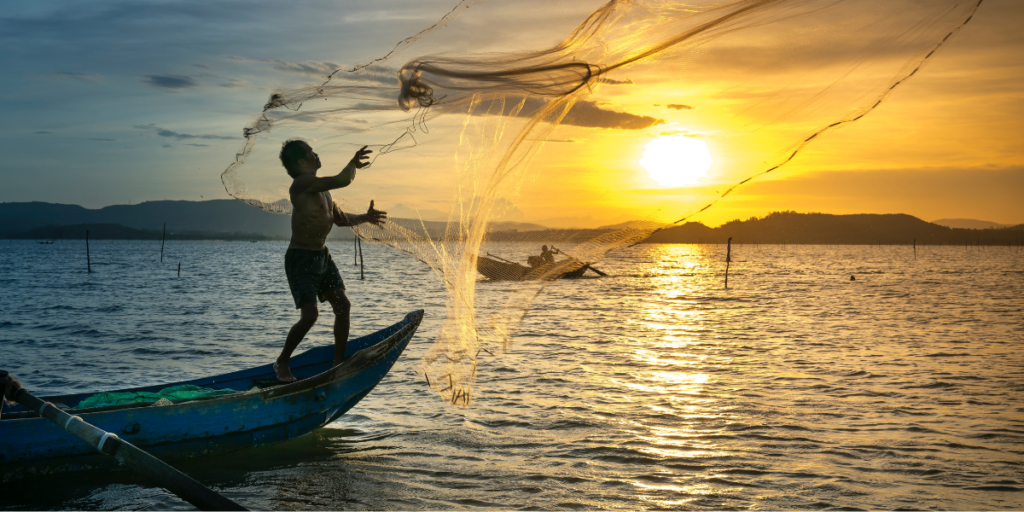
Sustainable Fishing Practices
Now that you’ve learned about the importance of marine protected areas, let’s move on to another crucial aspect of marine ecology – sustainable fishing practices.
Fisheries management is an essential tool for maintaining healthy fish stocks and ensuring that our oceans remain productive and resilient. Overfishing has led to declines in many fish populations, causing significant ecological and economic impacts worldwide.
As a result, sustainable fishing practices are increasingly being adopted by fisheries managers around the world. One such practice involves setting catch limits based on scientific data, which helps prevent overfishing and allows fish populations to recover.
Additionally, aquaculture practices are being developed as a way to supplement wild-caught seafood with farmed alternatives while reducing pressures on wild populations. By implementing these strategies, we can ensure that future generations will continue to enjoy seafood while preserving the health of our oceans.
Reduction in Pollution and Carbon Emissions
You can cut carbon emissions and curb pollution by adopting practical practices. Technological solutions like electric boats, offshore wind farms, and tidal energy turbines are being developed to reduce the carbon footprint of marine transport. These innovations can help reduce greenhouse gas emissions from shipping vessels, which account for about 2% of global CO2 emissions. Furthermore, these solutions can also promote sustainable fishing practices by reducing the dependence on fuel-intensive trawlers.
Apart from technological solutions, government policies play a crucial role in reducing marine pollution and carbon emissions. Governments worldwide are implementing regulations that limit the amount of pollutants released into waterways and encourage industries to adopt eco-friendly practices.
For instance, some countries have banned single-use plastics that often end up in oceans and harm marine life. Other governments have implemented measures to regulate ship traffic in sensitive areas to prevent oil spills or collisions with whales. By implementing such policies, governments foster responsible behavior among businesses while protecting the environment at large.
Conclusion
Congratulations! You’ve now learned about the vital role marine ecology plays in sustaining our planet’s health. It’s important to understand that marine ecosystems are influenced by a variety of factors, including climate change, pollution, overfishing, and coastal development. The human impact on these ecosystems can be devastating, resulting in a loss of biodiversity and ecological services.
Therefore, it’s crucial to acknowledge the challenges facing marine ecology and implement strategies to protect these fragile environments. By promoting sustainable fishing practices, reducing pollution, mitigating climate change impacts, and establishing protected areas, we can help safeguard these valuable ecosystems for future generations.
As Jacques Cousteau once said, “The sea, once it casts its spell, holds one in its net of wonder forever.”Let’s work together to ensure that this spell continues to captivate us all.
Our sponsors: Rapid Fix Garage Doors are your one stop shop for all garage door repair serices in moreton bay region QLD.

